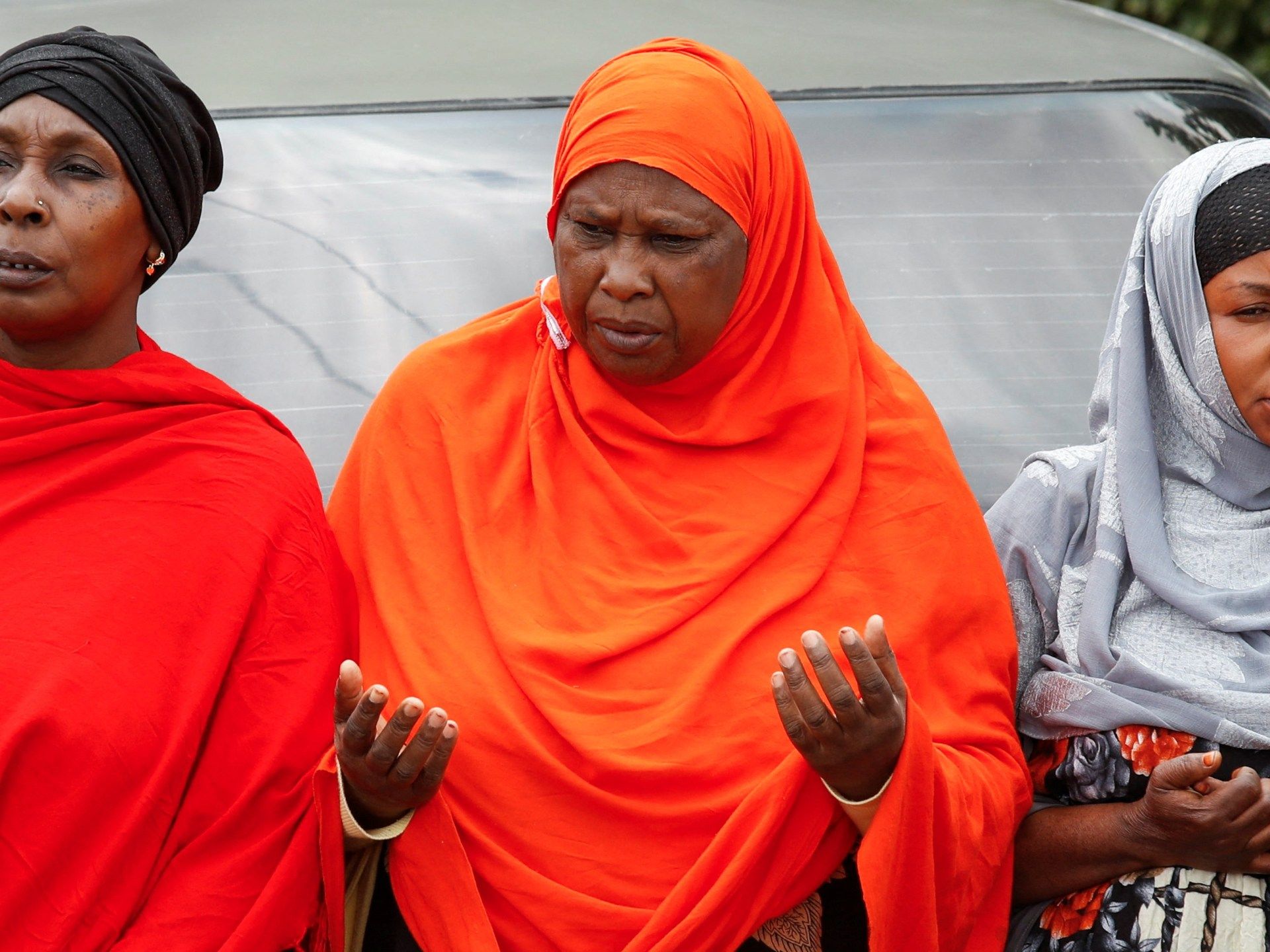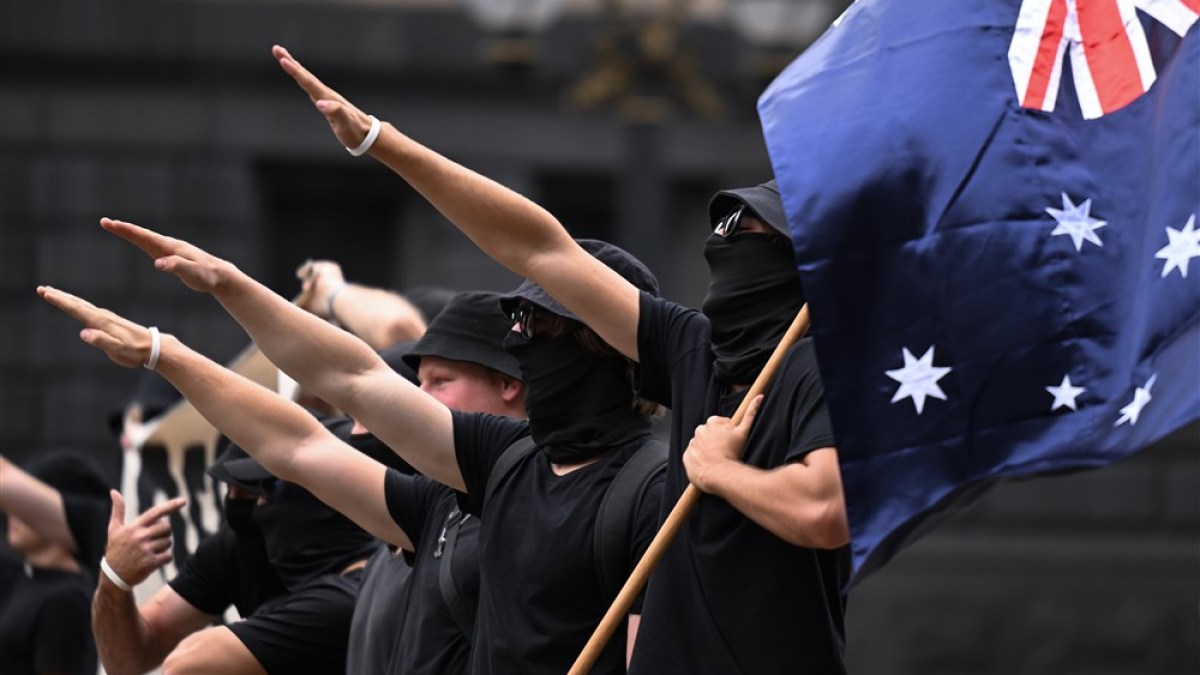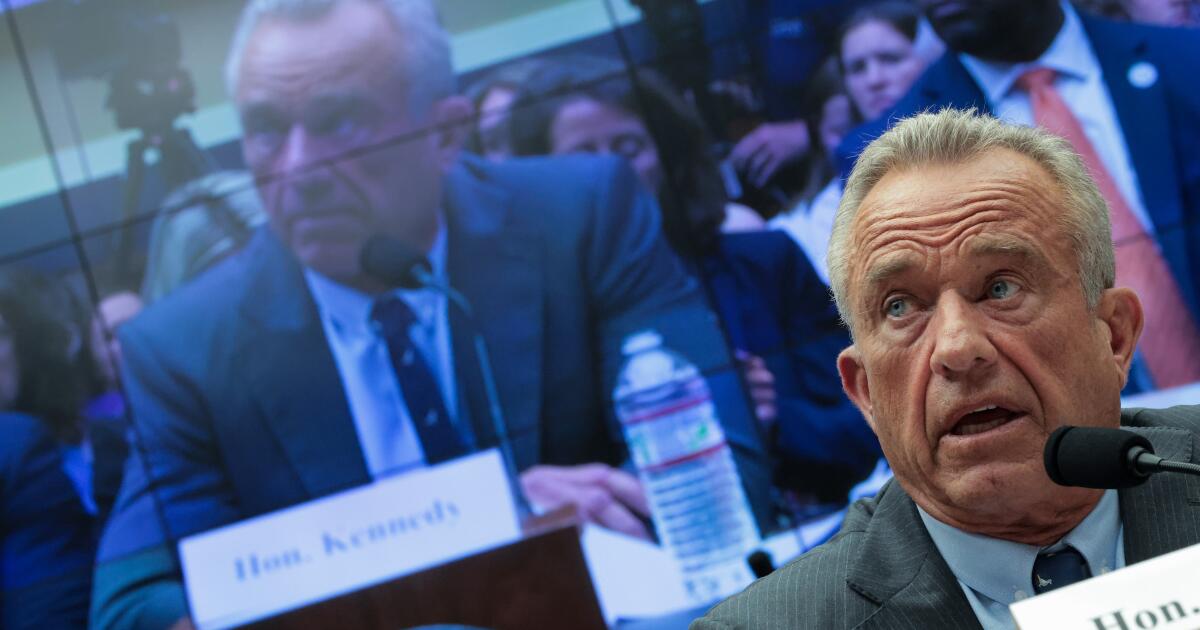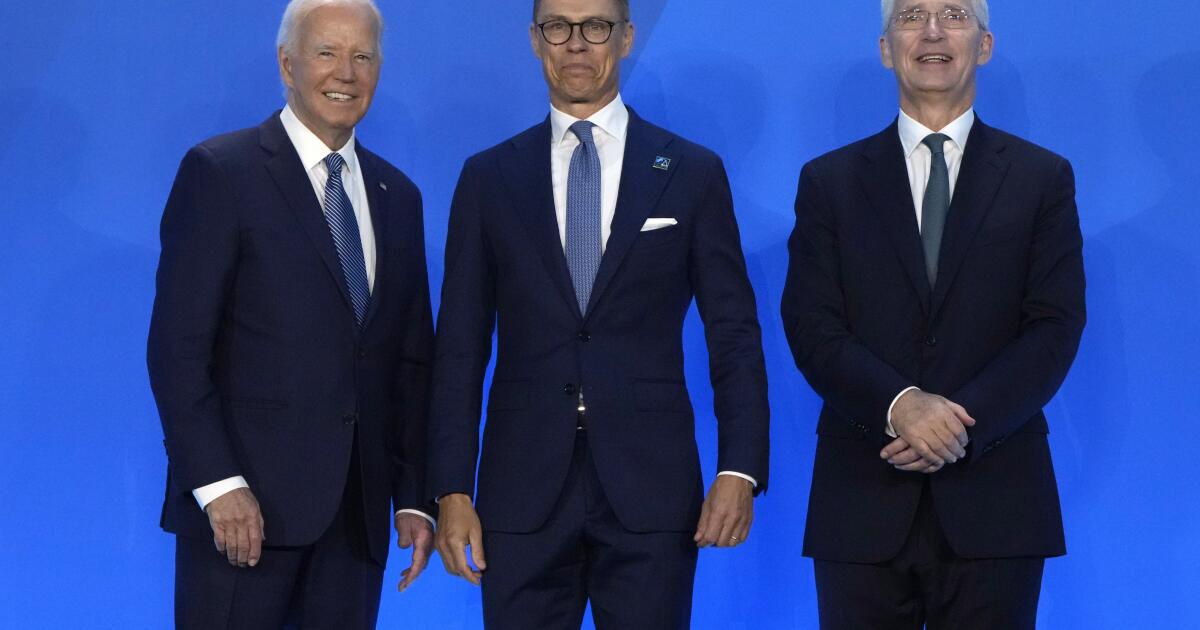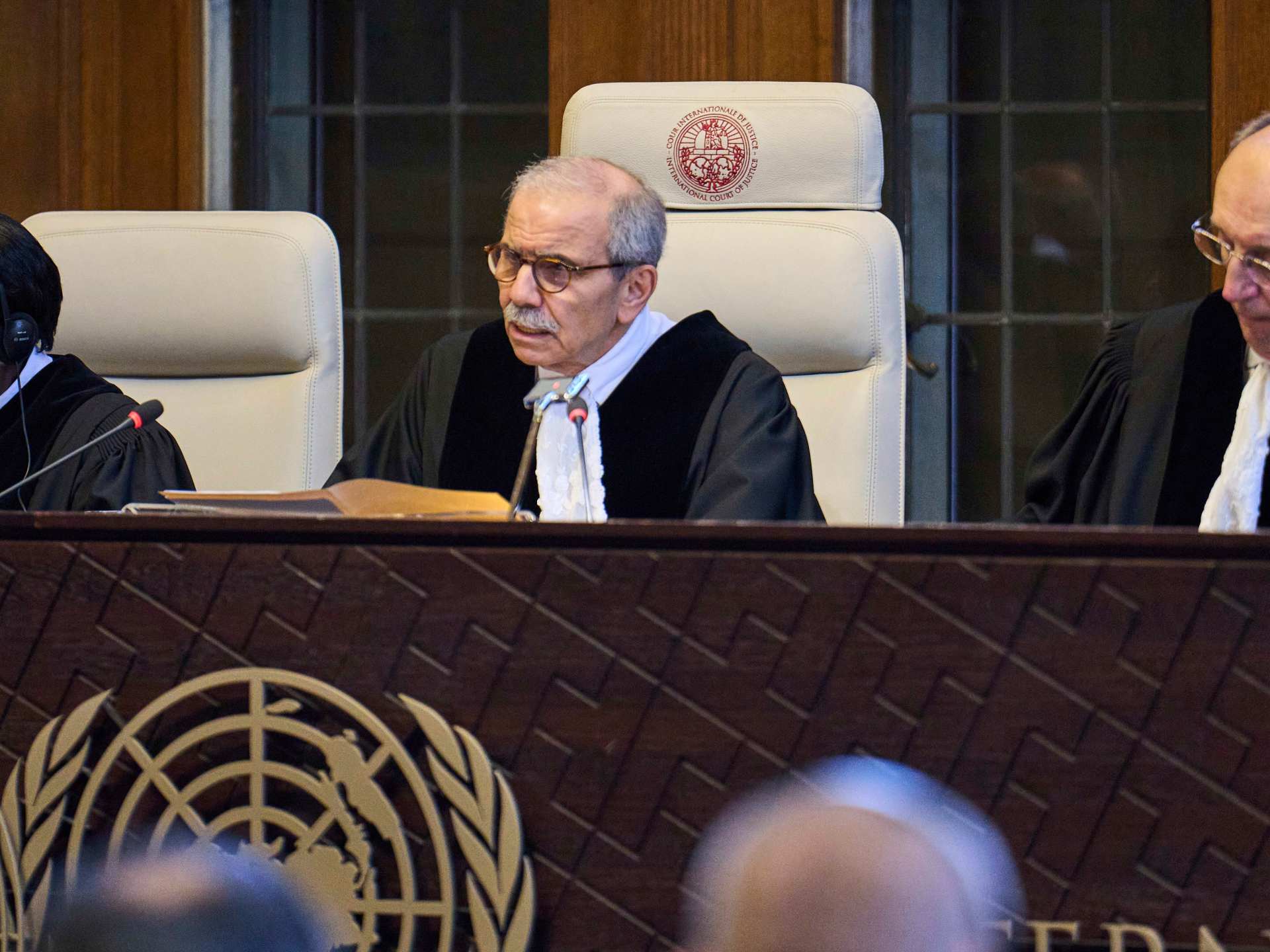Hundreds of people gathered for the funeral of a teenage protester killed during anti-government protests in Kenya, as the death toll from days of unrest rose to 27.
Three more protesters were killed overnight on Friday as police continued a violent crackdown and Kenya's High Court ordered security forces to stop firing live ammunition, rubber-coated metal bullets, tear gas and water cannons at crowds.
The turmoil unfolded as young activists succeeded in forcing the government to shelve $2.7 billion in tax increases this week, and are now focused on ending years of what they see as endemic corruption and poor governance.
Protesters say the finance bill that President William Ruto abandoned on Wednesday was just a symptom of the problems affecting a country, where many young people have few job prospects despite strong economic growth.
After promising to scrap the tax plan, Ruto now faces increasing pressure to resign.
The High Court ruled in favour of a petition filed by a lawyer representing the political opposition and human rights groups demanding that police stop using potentially deadly weapons against protesters. It also ordered police to refrain from carrying out “extrajudicial killings, abductions and torture” against anti-tax protesters.
Demas Kiprono, acting executive director of the International Commission of Jurists Kenya Branch, told Al Jazeera that the High Court's decision to ban violent police tactics demonstrates a recognition that “something has gone wrong.”
“The petition claims that the weapons and tactics used by police during the protests were atrocious and violated a range of human rights, from expression and assembly to the right to life,” Kiprono said.
But he noted that the court has no mechanism to ensure that police comply with the ruling. “Therefore, it is incumbent on other instruments of government (the national police service commission, the executive) to respect this order.”
'We want better living conditions'
Writer and activist Nanjala Nyabola said most of those involved in the recent protests were motivated by legitimate and strong grievances against the government.
“Until those complaints are addressed, it is unlikely that they will be willing to make concessions.”
How the diffuse and leaderless movement, which organized largely through social media, pursues its goals remains an open question and a source of internal debate.
Christine Odera, co-chair of the Kenya Coalition on Youth, Peace and Security, a civil society organisation, said it needed to formalise its structures to promote youth interests and speak to the government.
“If we act organically, we could lose the whole conversation,” said Odera, who participated in the protests. “The president has said we need to have conversations. “We can’t all sit in a stadium and have a conversation.”
Others disagree. Ojango Omondi of the Social Justice Centres Working Group, a community activist group in a poor district of Nairobi, said establishing national structures and representatives could allow politicians to corrupt the movement.
“We don't need to negotiate anything,” he said. “The only thing we want is better living conditions. “All we want is for the leaders to stop using our resources… to fund their lavish lifestyle.”
Another moment to watch could be the government's next proposal to increase revenue. Some protesters suspect he will continue trying to impose tax increases. In a country where protests have traditionally been driven by ethnic affinities, the current youth-driven demonstrations have stood out for generating unity around common grievances.
'Class and wealth disparity'
But cracks are already emerging. Despite Ruto's U-turn on tax increases, some protesters called for a planned march to his residence on Thursday in an attempt to remove him from power. Others rejected the idea as a dangerous tactic. In the end, smaller protests took place in several cities.
In Eldoret, Ruto's hometown and political stronghold – where thousands of different ethnic groups took to the streets on Tuesday – a human rights activist said some tensions have resurfaced since the president withdrew the tax bill.
Nicholas Omito, executive director of the Centre for Human Rights and Mediation, said protesters from Ruto's Kalenjin ethnic group argued the protests should end now, while ethnic Kikuyus insist they should continue until Ruto steps down.
Protesters, via social media, accused local politicians of trying to stir up trouble to undermine the movement.
Nyabola, the writer, said she did not believe ethnic divisions posed a risk to a movement distinguished by its sense of national purpose.
“We will never get rid of this completely,” he said. “But for now, the class and wealth disparity between politicians and ordinary people has been in the spotlight.”

